As the world eagerly anticipates the opening ceremonies of the 2024 Paris Olympics, it’s a fitting time to reflect on the rich history of this global event. The Olympics have evolved significantly since their inception, particularly regarding gender inclusivity. This evolution is vividly exemplified in track and field, one of the most iconic and diverse Olympic sports.
Origins of the Olympics
The origins of the Olympics can be traced back to ancient Greece, around 776 BCE, in Olympia. These early Games were part of a religious festival honouring Zeus and featured various athletic contests, including running, wrestling, and chariot racing. Only freeborn Greek men were allowed to compete, highlighting the exclusivity of the event.

The modern Olympic Games, inspired by these ancient contests, were revived by Baron Pierre de Coubertin in 1896. His vision was to promote peace and unity through sports. The first modern Olympics were held in Athens, Greece, featuring 280 male athletes from 13 countries competing in 43 events.
The Introduction of Women to the Olympics
The inclusion of women in the Olympics has been a gradual process marked by significant milestones. Women were first allowed to participate in the 1900 Paris Olympics, but only in five sports: tennis, sailing, croquet, equestrianism, and golf. Charlotte Cooper, a British tennis player, became the first female Olympic champion.

Track and field events for women were introduced in the 1928 Amsterdam Olympics, marking a significant step toward gender equality. This inclusion was controversial at the time, with many arguing that strenuous activities were unsuitable for women. However, the success and popularity of female athletes in these events helped to change perceptions and pave the way for greater inclusivity.
Changing Gender Dynamics
The evolution of gender representation in the Olympics has been a dynamic and ongoing process. Over the decades, the International Olympic Committee (IOC) has made concerted efforts to promote gender equality. This has included increasing the number of women’s events, ensuring equal opportunities for male and female athletes, and addressing issues such as pay disparity and media representation.
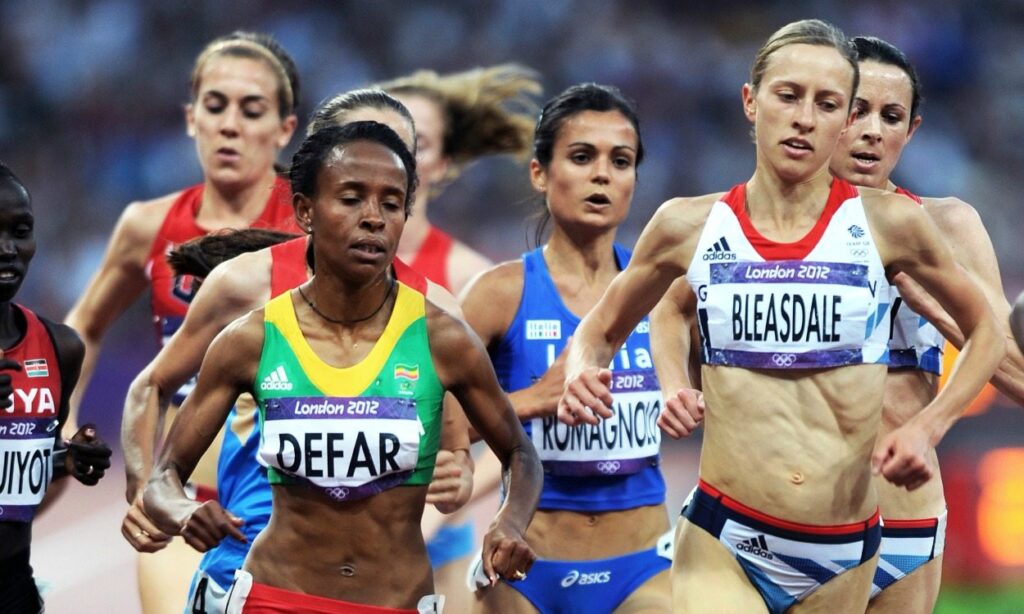
The 2012 London Olympics marked a historic moment as every participating country included female athletes in their delegations. This was the first time in Olympic history that women competed in every sport on the program. The 2020 Tokyo Olympics (held in 2021 due to the COVID-19 pandemic) featured an almost equal number of male and female athletes, further cementing the commitment to gender equality.
Track and Field: A Microcosm of Change
Track and field has been at the forefront of gender inclusivity and evolution in the Olympics. From the early days of restricted participation to the present, where women compete in nearly all the same events as men, the sport reflects the broader changes in society’s attitudes toward gender.
Notable milestones in track and field include the introduction of the women’s marathon in the 1984 Los Angeles Olympics and the women’s pole vault in the 2000 Sydney Olympics. These additions have provided platforms for female athletes to showcase their talents and inspire future generations.
The rise of athletes like Wilma Rudolph, who overcame polio to win three gold medals in the 1960 Rome Olympics, and Jackie Joyner-Kersee, a dominant force in the heptathlon and long jump, has highlighted the incredible capabilities of female track and field athletes. Their successes have challenged stereotypes and helped to promote gender equality within the sport.
Looking Ahead to Paris 2024
As we look forward to the Paris 2024 Olympics, the commitment to gender equality remains a central focus. The Games are expected to feature an equal number of male and female athletes for the first time in history. Additionally, new mixed-gender events will continue to promote inclusivity and celebrate the diverse talents of all athletes. The continued evolution of the sport, both in terms of performance and gender representation, promises to deliver thrilling and inspiring moments.
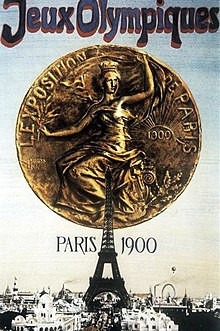
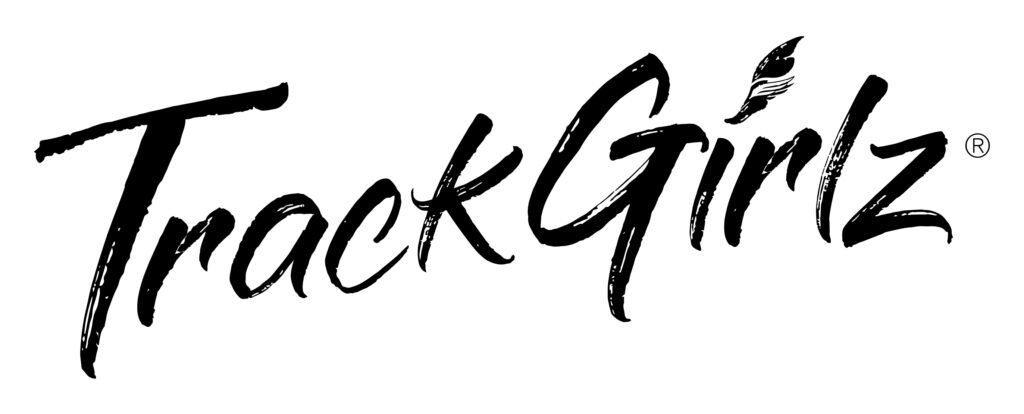

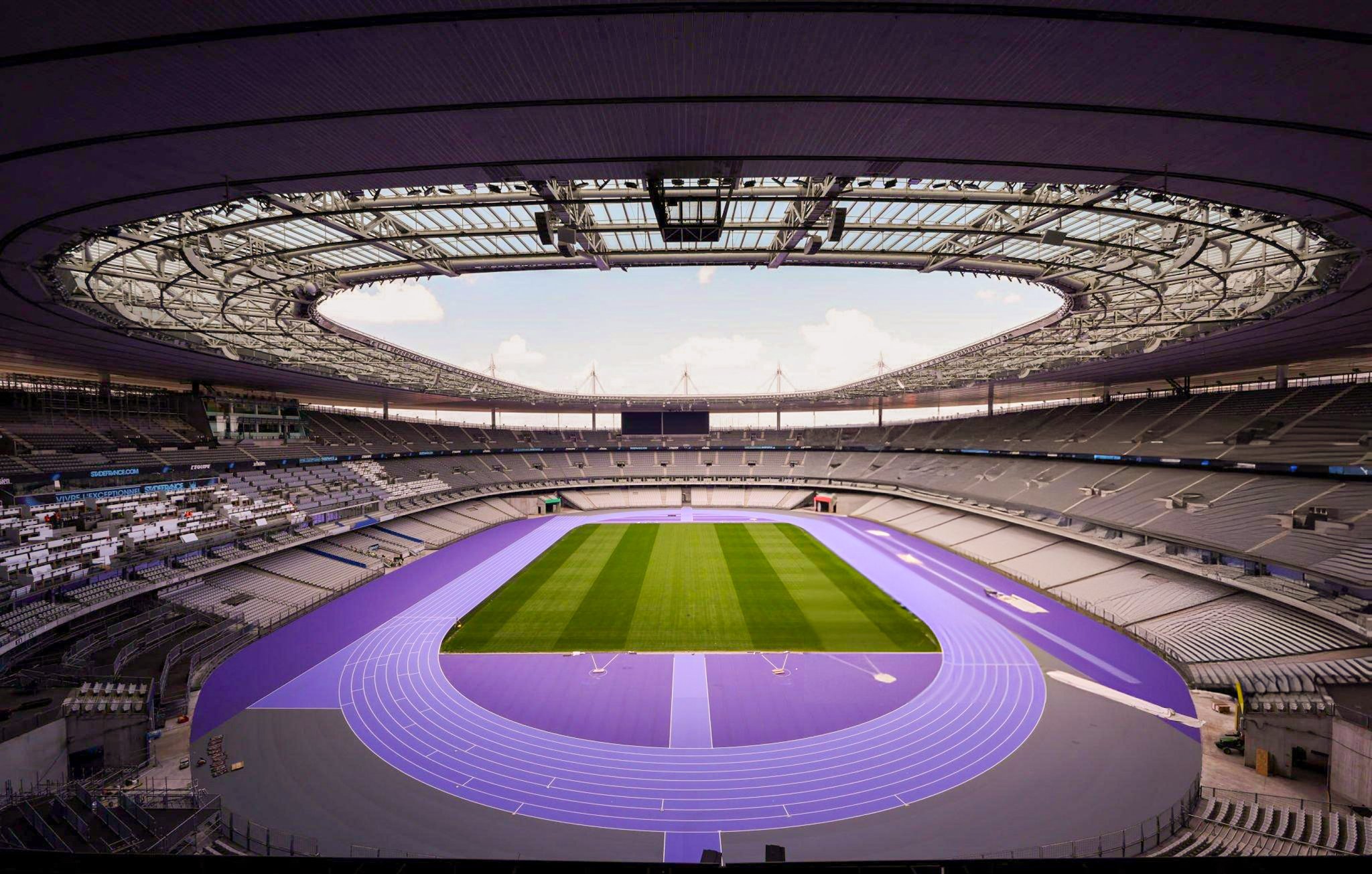
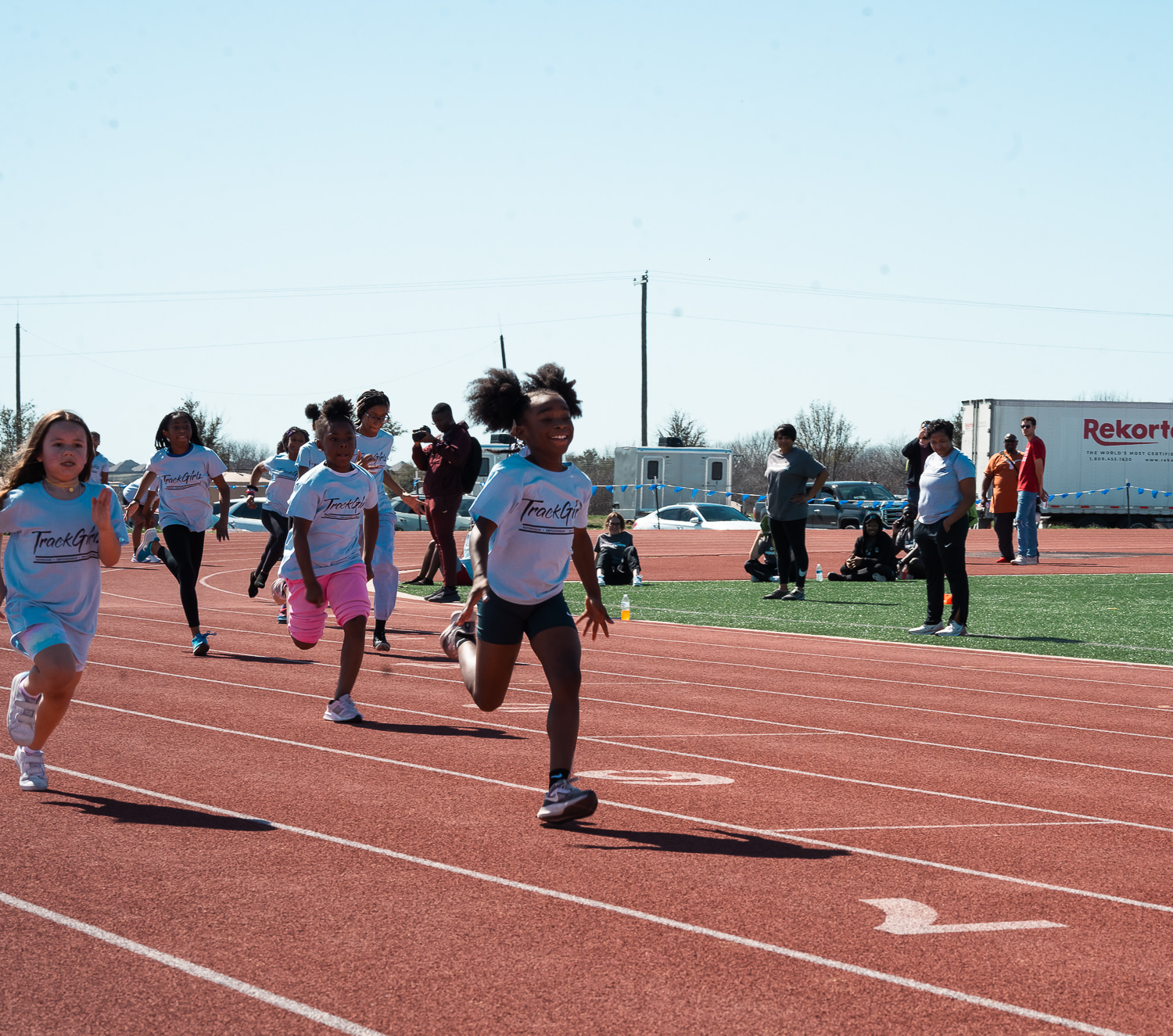
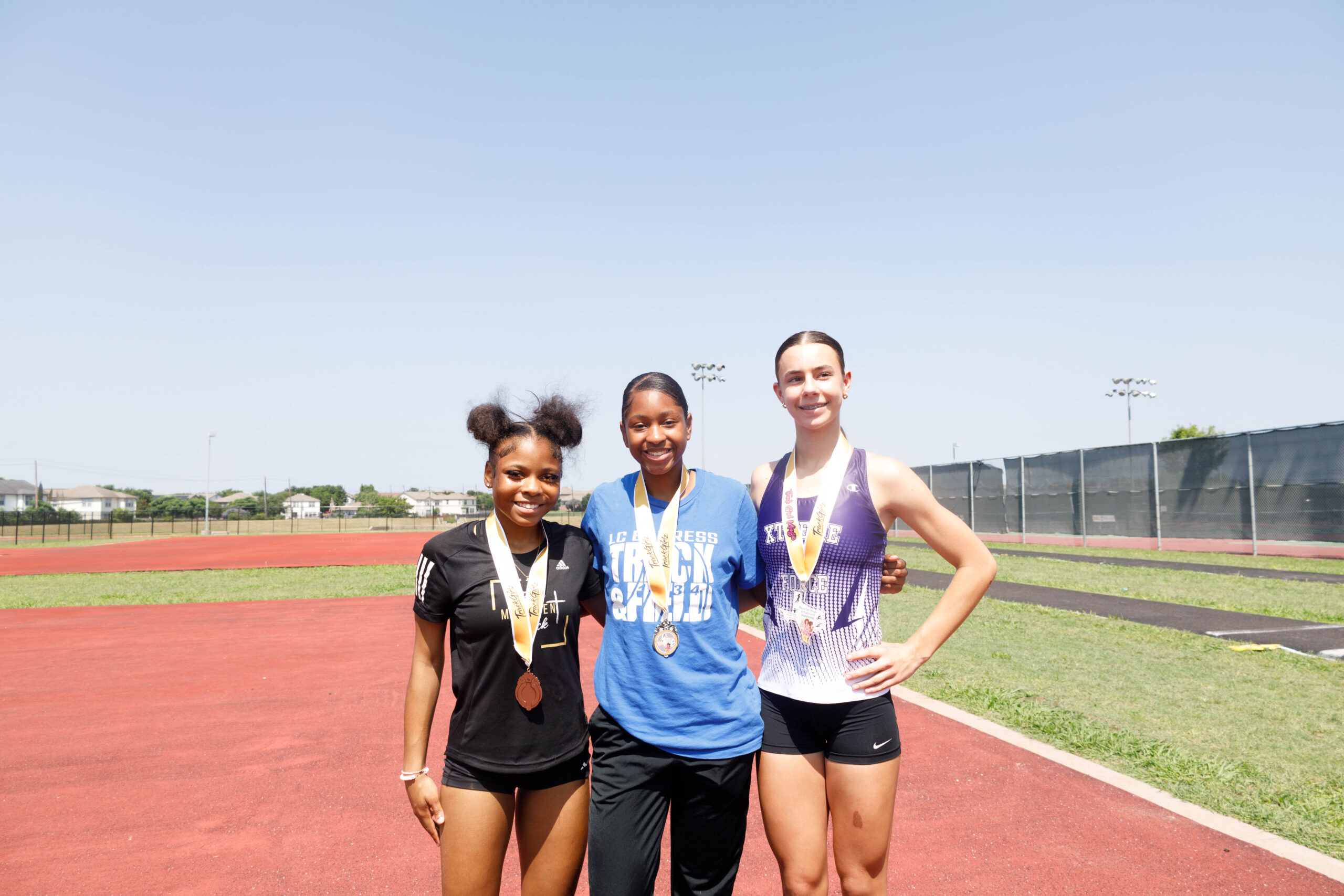
Leave a Reply